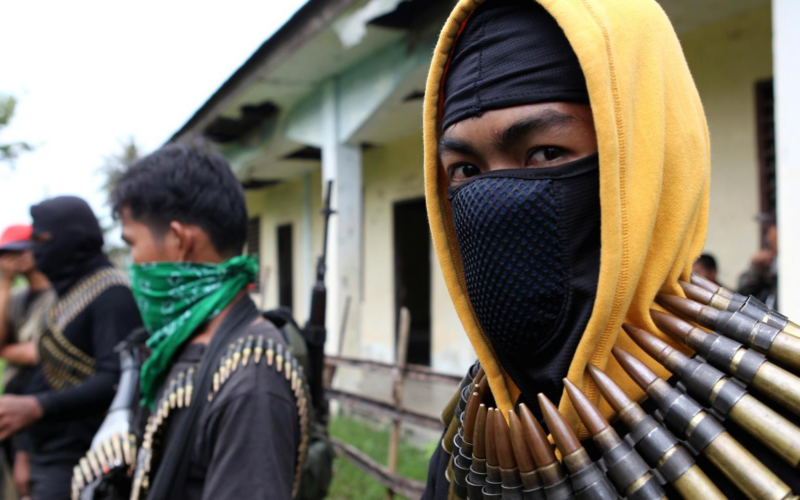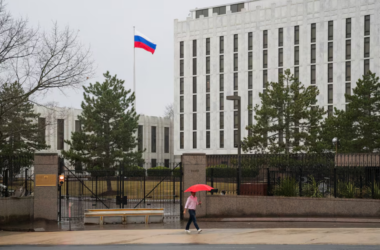Jemaah Islamiyah (JI), the Southeast Asian militant network linked to al-Qaeda and responsible for the devastating Bali bombings in 2002, has announced its dissolution. This decision, declared by sixteen senior leaders of the group, marks a significant development in the landscape of regional extremist movements.
The Institute for Policy Analysis of Conflict (IPAC) confirmed the disbandment in a report released on Thursday. The announcement was made in a video statement dated June 30, in which JI leaders committed to aligning with Indonesian state laws and teaching orthodox Islam in their affiliated boarding schools.
Sixteen leaders of Jemaah Islamiyah appeared in a video declaring the group’s dissolution. They expressed their commitment to the Indonesian state and pledged that JI-affiliated schools would adhere to orthodox Islamic teachings.
Sidney Jones, the author of the IPAC report, highlighted the influence and respect commanded by the signatories within JI, suggesting that their decision is likely to gain widespread acceptance among the organization’s members.
The report suggests the decision was influenced by several factors, including internal intellectual currents within JI that opposed violent extremism and a strategic evaluation of protecting the group’s educational assets. Ongoing engagement with counter-terrorism officials also contributed to this move.
Jemaah Islamiyah has been one of the most notorious extremist groups in Southeast Asia. It orchestrated the 2002 Bali bombings, which killed over 200 people, marking one of Indonesia’s deadliest terrorist attacks. The group has been linked to various other attacks and plots across the region, maintaining affiliations with al-Qaeda.
Indonesia’s National Counter Terrorism Agency (BNPT) has not yet issued an official statement on JI’s disbandment but plans to hold a press conference soon.
Despite the significant nature of this announcement, IPAC noted JI’s historical tendency to splinter. While immediate splintering is unlikely, the potential for future offshoots remains. The flourishing of JI-affiliated schools and the involvement of signatory leaders in public life are expected consequences in the short term.
Adhe Bhakti, a terrorism expert, expressed skepticism about the adherence of JI’s splinter factions to this new direction. He suggested that some factions might still resort to violence, although he does not foresee this happening imminently. Bhakti described these factions as potentially becoming “wild” in this transitional phase.
The disbandment of Jemaah Islamiyah represents a pivotal shift in the organization’s trajectory, reflecting broader changes in the region’s extremist landscape. While the announcement signals a move away from violent extremism, the future of the group’s members and affiliated entities remains uncertain. The Indonesian government and regional counter-terrorism efforts will be closely monitoring the implications of this development.








